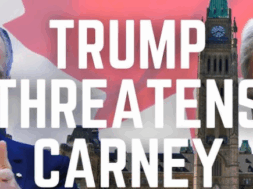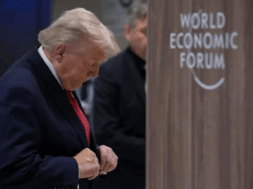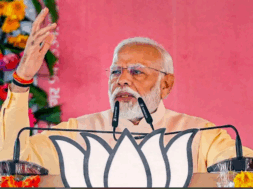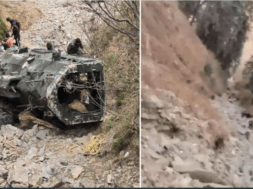
Manas Dasgupta
NEW DELHI, Nov 6: The Supreme Court on Wednesday came down heavily on the Uttar Pradesh government on its “bulldozer justice” and fined it Rs 25 lakhs to pay as compensation to the owner of the house which was demolished without any notice for allegedly encroaching upon public space.
Pulling up the UP government authorities for their “high-handed” approach in demolishing the house for widening a road without giving notice, the court observed, “This is completely high-handed. Where is the due process followed? We have the affidavit that says no notice was issued. You only went to the site and informed the people through a loudspeaker.”
The three-judge bench, which was presided over by Chief Justice of India D Y Chandrachud and comprising Justices J B Pardiwala and Manoj Misra, was hearing a suo motu writ petition registered in 2020 based on a letter complaint by a Maharajganj resident Manoj Tibrewal Aakash, whose house was demolished in 2019.
On the argument that Aakash encroached public land, CJI Chandrachud said, “You say that he was an encroacher of 3.7 square metres. We take it. We are not giving him a certificate for it. But how can you start demolishing people’s houses like that?” “This is lawlessness… walking into somebody’s house and demolishing it without notice,” the CJI added.
Terming it “very high-handed,” Justice Pardiwala said, “You can’t come with bulldozers and demolish houses overnight. You don’t give time to family to vacate. What about the household articles? There has to be due process followed.”
The bench made evident its disillusionment that the residents were made aware of the start of the demolition only through a public announcement without giving any notice. “You can’t tell people just with a beat of drum to vacate houses and demolish them. There has to be proper notice,” said Justice Pardiwala.
The top court questioned the absence of procedural safeguards, pointing out that residents were only informed through loudspeaker announcements, which does not satisfy legal requirements for such actions. The court also ordered the state to pay compensation of Rs 25 lakh to Aakash for the damages caused.
Senior advocate Siddharth Bhatnagar, representing the petitioner, informed the court that 123 additional structures had also been demolished under similar circumstances, with residents notified solely through public announcements.
Expressing his disapproval, Justice JB Pardiwala, who was on the bench alongside Justice Manoj Mishra, stated, “This is very high-handed. You can’t come with bulldozers and demolish houses overnight. There has to be a due process followed. A drumbeat does not suffice as notice.”
The top court also cited a report from the National Human Rights Commission (NHRC) which indicated that the alleged encroachment in question covered only 3.70 square meters. The justices asserted that even if encroachment existed, it did not justify the complete demolition of homes. In their order, they labelled the demolitions as “completely high-handed and without the authority of law”.
Justice Pardiwala pressed the UP government’s counsel on the decision to demolish structures beyond the alleged encroached area, questioning the basis for such extensive action. The Supreme Court also ordered the state Chief Secretary to conduct an inquiry into the roles of the officers and contractors responsible for these demolitions, instructing that disciplinary actions be taken within a month.
The bench even laid down guidelines for authorities conducting demolitions in road-widening projects: Authorities must verify the existing road width and issue notices if encroachments are detected and If objections are raised, they must be addressed through a formal order, adhering to principles of natural justice.
Additionally, the court stressed that if an encroachment is confirmed, adequate time should be given for residents to vacate. The bench also directed that a copy of this judgment be circulated to all states to ensure uniformity and adherence to legal procedures in similar road-widening initiatives across the country.














